The whole province currently has 84,800 hectares of agricultural land, 198,955 hectares of forested forestry land, and 2,030 hectares of aquaculture land. The typical dry tropical climate has created favorable conditions for the development of a number of agricultural products such as: grapes, apples, garlic, asparagus, aloe vera, melons, grapefruit; cows, goats, sheep, shrimp breeds... In recent years, due to the severe climate change situation, agricultural production has been significantly affected. In order to reduce greenhouse gas emissions in agriculture and meet the increasing needs of consumers, in addition to the attention and support from the central government and the province, the agricultural sector has made efforts to implement many solutions; focusing on investment, restructuring production activities to adapt to climate change, applying science and technology, promoting crop conversion; prioritizing the development of production models in the direction of circulation and organic.
From the direction of the functional sector and local authorities, many farmers in the province have converted their crop structure to suit the farming conditions, effectively responding to climate change, and increasing the value of land use. Up to now, over 2,920 hectares of ineffective rice fields, hilly land, and mixed gardens have been converted to dryland crops; of which, nearly 1,800 hectares have applied the water-saving irrigation model. In particular, in the context of high prices of agricultural materials, the policy of developing agriculture using circular and organic technology has brought many results. Through many incentive and support policies, helping businesses, organizations, and individuals boldly change their production methods, waste and waste products are processed and reused to provide input materials in production, significantly reducing costs and improving product quality. The province currently has 6 enterprises certified to meet organic standards of the US, the European Union, and Japan, specifically: Truecoop Organic Cashew Cooperative has achieved USDA certification, with an area of 4,002 hectares; Hai Au Agricultural Development Joint Stock Company has achieved USDA and JAS organic certification on melons, longans, dates, and Australian mangoes, with an area of 17.5 hectares; Tien Tien Organic Farm has achieved USDA and EU organic certification on asparagus with an area of 15 hectares; Dinh Loi Construction Investment Co., Ltd. and Canh Dong Viet Food Joint Stock Company have achieved USDA organic production certification on aloe vera, with an area of 12 hectares; Nang Gio Farm has achieved USDA organic certification on melons, guavas, and dates with an area of 8 hectares. In addition, some households also combine cultivation and livestock farming, creating a closed cycle in production.
In livestock farming, with 105 pig, goat, cow and poultry farms, most of them are organized in a safe direction, associated with effective disease prevention and control; using advanced technology Biogas, Biomas and biological bedding, food sources are pre-processed and preserved with modern technology, contributing to limiting environmental pollution. For aquaculture, environmental monitoring activities to warn of epidemics in concentrated farming areas are regularly carried out by state management agencies; many aquatic breed production companies have also made significant technical improvements, strictly applying standards on biosafety regulations, applying microbiological preparations to manage water quality, pathogens, creating quality breeds for households.
Comrade Truong Khac Tri, Deputy Director of the Department of Agriculture and Environment, said: In order to reduce greenhouse gas emissions in agriculture, in the coming time, the sector will focus on drastically implementing solutions to convert suitable crop structures, use less water and link with enterprises to stably consume agricultural products. Along with that, promote propaganda and timely dissemination of support policies to raise awareness, create high consensus among the people; together with all levels and sectors to proactively respond to greenhouse gas emissions, especially good models and effective methods, towards sustainable and environmentally friendly agricultural production.
Hong Lam
Source: https://baoninhthuan.com.vn/news/152963p1c30/nhieu-giai-phap-giam-phat-thai-khi-nha-kinh-trong-nong-nghiep.htm


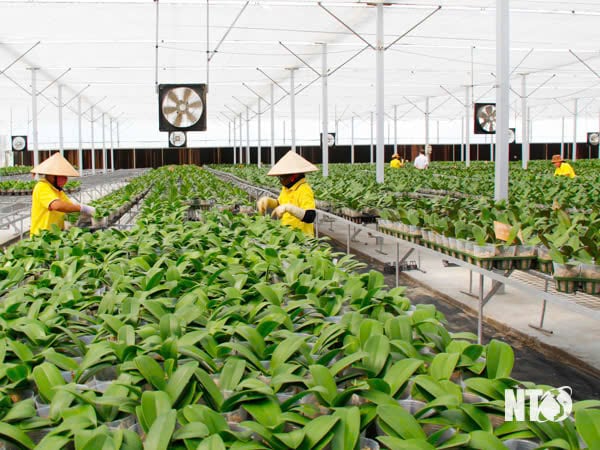
![[Photo] A delegation of 100 journalists from the Vietnam Journalists Association visits the soldiers and people of Truong Sa island district.](https://vphoto.vietnam.vn/thumb/1200x675/vietnam/resource/IMAGE/2025/5/30/0984a986227d4e988177f560d2e1563e)




![[Photo] Journalists moved to tears at the Memorial Service for the soldiers who died in Gac Ma](https://vphoto.vietnam.vn/thumb/1200x675/vietnam/resource/IMAGE/2025/5/30/9454613a55c54c16bf8c0efa51883456)


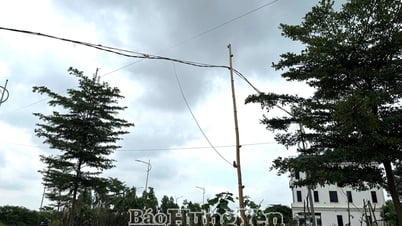



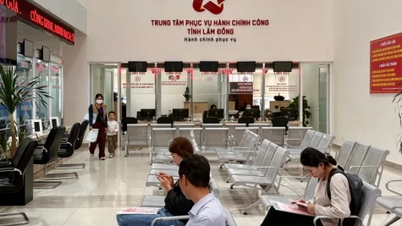

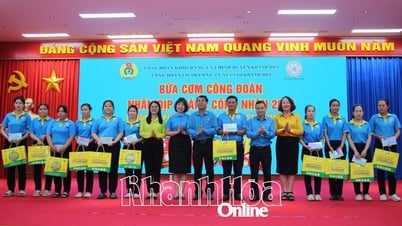







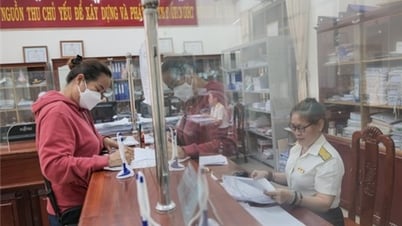
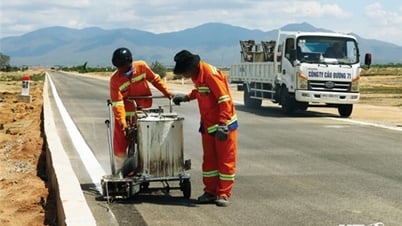

![[Photo] Prime Minister Pham Minh Chinh attends the event "Digital transformation of the banking industry by 2025"](https://vphoto.vietnam.vn/thumb/1200x675/vietnam/resource/IMAGE/2025/5/29/0e34cc7261d74e26b7f87cadff763eae)








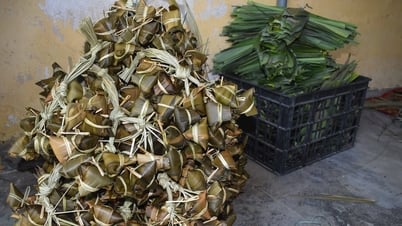
















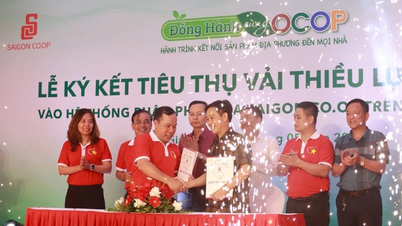

















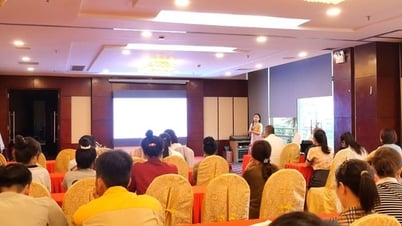










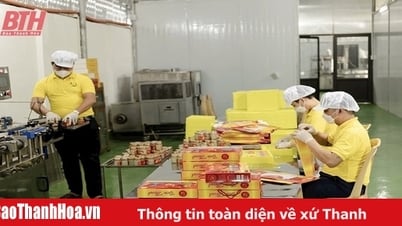

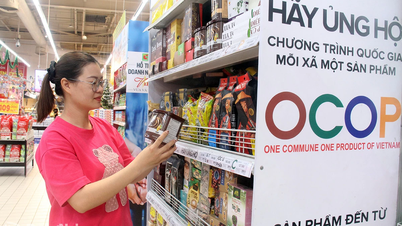

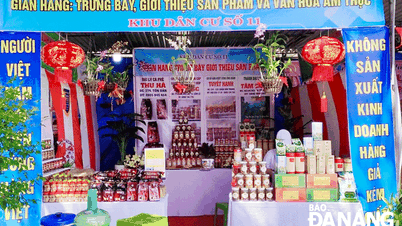






Comment (0)